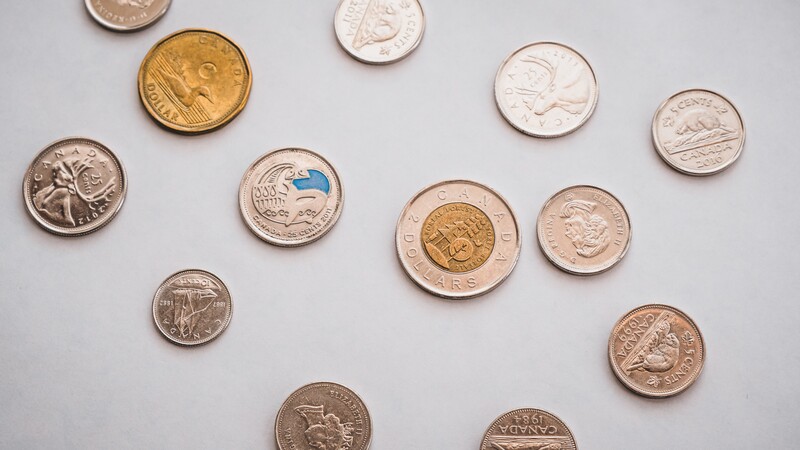The Bank of Canada (BoC) wants to know how you’d feel about swapping those cold hard coins for a less tangible alternative.
- The digi-dollar would be what’s called a central bank digital currency (CBDC), which is not a cryptocurrency, but a digital version of the current Canadian dollar.
- Eleven countries have already launched their own CBDCs, with another 18, including China, India, and Australia, currently conducting pilot programs.
Why it’s happening: A BoC survey found that Canadians, on average, made only 22% of their purchases using cash in 2021—down 11% from 2017—while contactless payments surged. A digital dollar is maybe the next step in the digitization of currency.
Why it matters: Digital currencies have the potential to make it easier for governments to distribute cash benefits and could lead to lower transaction costs for things like sending international payments, but they present some challenges too.
- IMF analysts have raised concerns that digital currencies could be vulnerable to cyber-attacks and may create privacy issues.
Yes, but: A digital dollar isn’t happening unless the feds say so. As is, even the BoC believes that there’s no urgent need for a digital dollar and that “cash isn’t going anywhere.”
Plus: Since we already have, ya know, cards, the uptake of a digital currency could be underwhelming. That’s what’s happened in Nigeria where, despite having a crypto-loving populous that’s short on physical cash, its new digital dollar has floundered.—QH
